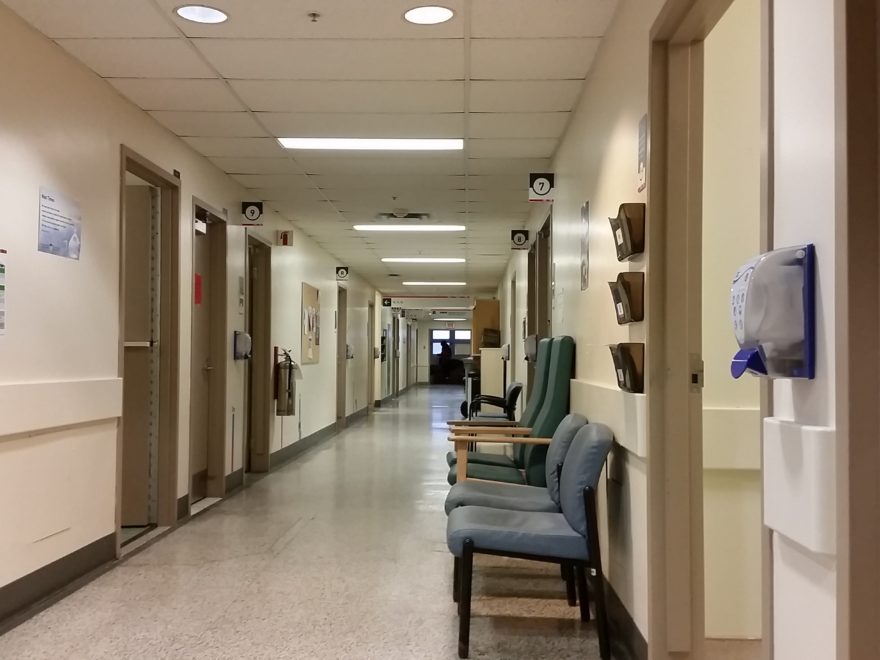There’s an interesting article over on Quartz, with a truly striking description of chronic pain, written by a physician:
Chronic pain is torture and it terrorizes the patient’s brain.”(1)
Wow. This is such a simple and elegant statement of a complex set of physiological – and possibly also psychological – phenomena.
And it really captures what I’ve often tried to explain about my own – often excruciating – disease. I never know when a debilitating pain flare will strike. Pain so severe that I’ll almost instantly faint, or vomit, from the sensation.
This rare disease is Complex Regional Pain Syndrome (CRPS), a neuro-inflammatory condition that causes a plethora of symptoms – including several different types of pain. Constantly, and often concurrently.
It sometimes feels as though all this pain is holding my brain hostage, very unpredictably. That description really struck a chord with me. The author goes on to describe the challenges of managing chronic pain conditions – from a physician’s perspective:
Every other medical specialty has detailed guidelines on how to treat diseases, based on hard science and clinical data to determine the proper balance of risk and reward for a given pharmaceutical or course of treatment.”(1)
The author gives the example of a patient with a heart problem, for whom a cardiologist would generally:
read an electrocardiogram, consult practice guidelines, and come up with a treatment program that includes the proper medications in the correct doses for that individual patient. It’s relatively simple once you understand the algorithm”.(1)
The management of chronic pain, though, isn’t that simple; and by simple I mean after years of medical school and training, of course. Not simple to me! Unlike many – perhaps most – areas of medicine, pain management lacks clear guidelines for physicians to follow.
A treatment that works for one patient may not work so well for another, or it may have side effects that a specific patient isn’t willing to tolerate. Sleepiness, for example. These days, so many patients and physicians are concerned about addiction that this can further complicate efforts to get a person’s pain under control.
This article reminded me why I am constantly, and continuously, thankful to have access to a multi-disciplinary pain management unit (PMU). Here in Montreal we have two universities with medical schools, two different networks of university healthcare centres.
Each one is made up of a number of hospitals, and includes pretty much every medical specialty imaginable. Services at these hospitals are covered under our provincial health insurance plan; often called universal healthcare, although it’s not quite universal in Canada.
This means that all of the in-hospital treatments for my rare chronic pain condition, at a world-class teaching hospital, are provided at no cost to me. This has been a true blessing, because trying to find effective treatments for CRPS has been something of a hit-or-miss adventure.
My specialist physician and I will agree to try one treatment, to find out whether it helps in my particular case. When it doesn’t, we abandon it and try something else…
The next time I see him, I have to tell him about this line in the article. I have the feeling that he might be in agree with it:
some would say that pain management is the most difficult specialty in medicine, especially if it is done correctly.”(1)
Because so often attempting to manage a chronic pain condition comes down to a trial and error approach. A physician and patient have to try to find, mostly on their own, any solution that will help that individual to deal with their pain condition.
Challenging for the patient, but also for the physician. This article was a good reminder of how difficult it must be for my specialist to try to find ways to help me. The next time I see him, I’ll be sure to thank him for all his efforts on my behalf!
Reference:
(1) Joshi, Jay. “Don’t blame opioids for the opioid crisis – doctors must become better at pain management”. Quartz: Smart Medicine. Online. 22 Nov 2017. Web:
https://qz.com/1136393/opioid-crisis-dont-blame-opioids-doctors-must-become-better-at-pain-management/

